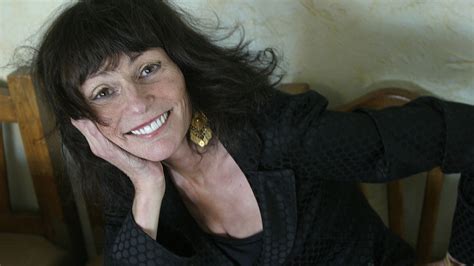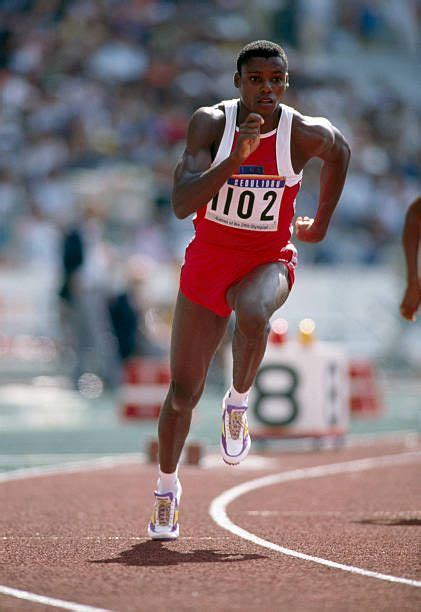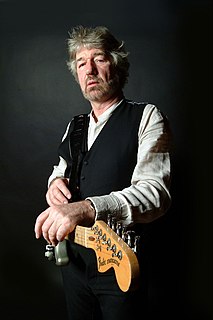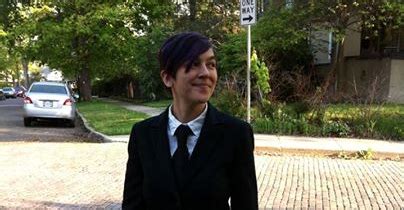A Quote by Bill Maher
A new biography of Madonna came out last week, and apparently the biography lists all the men she's slept with. The book is apparently called the Manhattan Telephone Directory.
Related Quotes
Biography always has fulfiled this role. Robinson Crusoe is a biography, as is Tom Jones. You can go through the whole range of the novel, and you will find it is biography. The only difference between one example and the other is that sometimes it's a partial biography and sometimes it's a total biography. Clarissa, for example, is a partial biography of Clarissa and a partial biography of Lovelace. In other words, it doesn't follow Lovelace from when he is in the cradle, though it takes him to the grave.
An American critic wrote that she would rather be forced to read the New York telephone directory three times than watch the film A Zed and Two Noughts, a third of which was a homage to Vermeer. Conceivably, if you are a list-enthusiast like me, the New York telephone directory might be fascinating, demographically, geographically, historically, typographically, cartographically; but I am sure no compliment was intended.
I had a checklist in my mind of the things that make a biography practical. Is the source material centralized? Is it easy to find? Are there new primary sources that no one has ever had access to? Are all the sources in English? If they're not, are they in a language that you speak? And I realized that not only is Armstrong the most important figure of Jazz in the 20th Century, but he's a perfect subject for a biography for all of these reasons. I had always loved his music and I had been fascinated in him as a personality. And that's really the key to writing a biography.
She divorced her husband, y' know. I never knew him, it was before I met Jane. Apparently she came back from work one mornin' an' found her husband in bed with the milkman. With the milkman, honest to God. Well, apparently, from that day forward Jane was a feminist. An' I've noticed, she never takes milk in her tea.
































